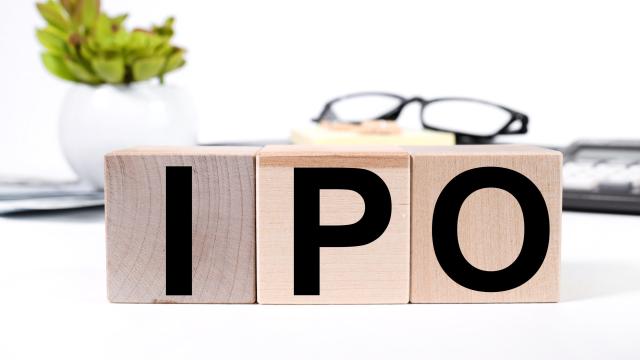Before a private company goes public in an initial public offering (IPO), they might set aside a few shares to be purchased in what’s known as a pre-IPO placement. You can make a lot of money from pre-IPO stocks, but the risks are also significant, and either way, it’s not easy to get your hands on these early-bird share offerings. Here’s how pre-IPOs work, and how to know if they are right for you.
What is pre-IPO investing?
A pre-IPO is like an IPO, in that it’s an opportunity for investors to buy shares of a company for the first time, but it differs in that you’re still investing in a private company, not one that’s just become public. In fact, there are no guarantees that a pre-IPO will ever actually go public.
Since pre-IPO investments are typically offered in large blocks of shares, most of this type of investing is done by private equity firms, hedge funds, and big investment banks. Pre-IPO shares are also subject to a lockup period, which prevents buyers from establishing a secondary market in which they could sell their shares right away to make a short-term profit.
What are the benefits of pre-IPOs?
The big advantage to pre-IPOs is that they allow you to beat the crowd on owning stocks for a company that could be the next Alibaba or Google. Plus, these stocks are usually offered at a discount.
Investors can also benefit from a “first-day pop,” which is when a stock makes significant gains on the first day of an IPO (as an example, Alibaba shares traded 36.3% higher than their offering price on the first day of trading). The upside can be tremendous.
[referenced id=”1046936″ url=”https://www.lifehacker.com.au/2021/02/passive-investing-should-be-boring/” thumb=”https://www.gizmodo.com.au/wp-content/uploads/sites/4/2021/02/13/urhrqwzmxjmscyeccbxx-300×168.jpg” title=”Passive Investing Should Be Boring” excerpt=”If you’re a passive investor that’s looking to grow your nest egg long-term, how often should you be checking your portfolio? Since many people have a loss aversion bias that can cause overreactions to negative news, should you just be blissfully unaware, or be looking at your stocks every day?…”]
What are the risks in pre-IPOs?
There are no guarantees that a company’s stock will do well — and worse yet, your investment will be held hostage until the IPO is finalised, which might never happen. And even if a company has the initial first-day “pop” (again, no guarantees there), the stock price could still drop below what you paid for it later.
You will also have limited information or transparency about how a given company works, since the company will not yet be publicly traded. The best way to illustrate this is to imagine buying a bunch of pre-IPO stock in We Work — an overhyped disaster of a business — just before their IPO fell apart.
How to invest in pre-IPOs
It’s not easy — unless you’re an institutional investor or a high-net-worth individual with connections — but there are still ways in which a regular individual investor can make a pre-IPO placement, per Finder.com
- Crowdfunding platforms. Invest through platforms that offer pre-IPO stocks, like OurCrowd, SharesPost or EquityZen.
- Indirect exposure. It’s common practice for companies to invest in companies, so if you can’t back a stock directly, consider investing in a publicly-traded company that participates in private fundraising.
- Pre-IPO placement brokers. Some banks, lending institutions and investment brokers specialise in pre-IPO placements, so you may be able to access pre-IPO stock through a third party.
- Become an angel investor. While it’s not a viable option for everyone, becoming an angel investor is one way to back private companies. Angel investors are permitted to participate in pre-IPO placements, so if you already qualify as an accredited investor, consider becoming a full-fledged angel investor and joining a syndicated angel list.

Leave a Reply
You must be logged in to post a comment.